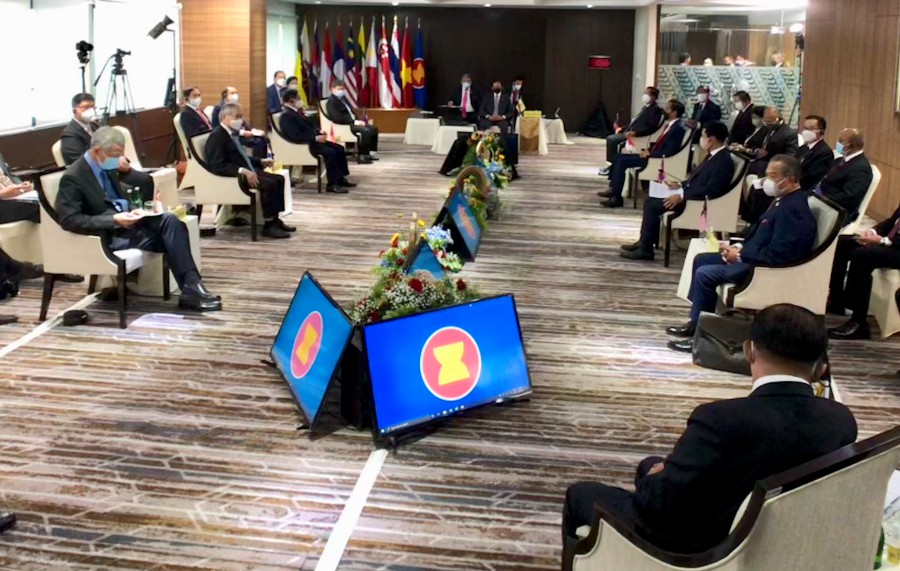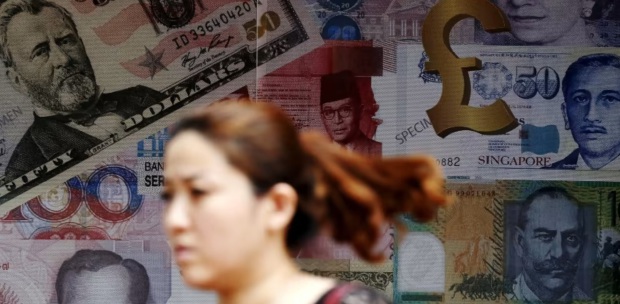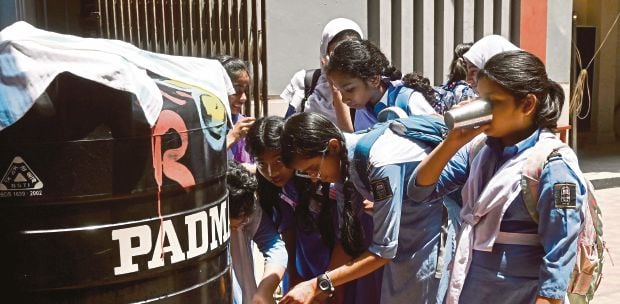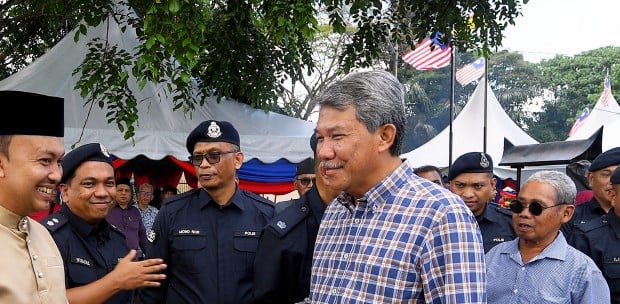It does not seem that this pandemic is going anywhere anytime soon. And so we have to buckle down and learn to live in this new world of masks, social distancing, limited travel and heightened vigilance.
Diplomacy, particularly, has been hard hit by the new norms. When the pandemic began in February last year, the focus was on the repatriation of citizens. For the next few months, embassy after embassy scrambled to find alternative routes for stranded travellers and those tourists who were shut out abroad.
Suddenly, diplomacy and diplomats were thrust into the limelight as frontliners abroad, bringing home citizens and advising Malaysians in their host countries. It was not a role that many were prepared for, but they took it in their stride.
One year on, we are learning that that was just the tip of the iceberg. Border closures meant that even if diplomats wanted to, travelling for meetings, negotiations or discussions was painstaking. They realised too that diplomacy was near-to-impossible when you could not establish a rapport with the other side.
When a diplomat is reduced to being a texting pen-pal, or that disembodied voice on the phone, then discussing matters of state becomes a tricky thing. You simply cannot gauge the reaction of the other person through a text message, or that pregnant pause on the line. Flying blind is not an option when you can't get a "feel" for how you should proceed.
Comedians often say that they perform best when they play off their audience's vibe. A diplomat is the same way. The nuanced words that they use require a careful reading of the other person's reaction. How the other person reacts will usually inform the diplomat what strategy can then best be employed.
Online meetings are fine — if there's only one person talking. In most negotiations, you need to have everyone talking almost all at once, or multiple conversations going on at the same time.
It is very frustrating when you are cut off because the computer has decided to yield the floor to someone else. While online meetings work well for seminars, talks, speeches, and perhaps panel discussions, it does not work so well for the negotiation process.
True, technology has made us more interconnected than before. But the world of diplomacy is different. Imagine this — national day receptions are a place where people are introduced to one another.
A new diplomat in town would be able to meet at least six new faces at such a function, if not more. In Dakar, where the receptions were almost every week, this adds up, and for many of us who have been here three years or more, we know almost everyone by face if not by name.
So in the past year, with no receptions and events, we did not get to meet new people en masse, while the more senior ones have moved away. The circle of acquaintances grows smaller by the month. If you are new to the scene and have to see your 76 other colleagues from different countries, one by one, diplomacy becomes very tedious.
Back home in Malaysia, even the prime minister has had to deliver his United Nations speech via an online platform.
And though the impact of the speech is not diminished, nothing can compete with the effectiveness of him, or the foreign minister, walking around the UN halls and being greeted or waylaid by his counterparts.
We are so used to a New York bustling with world leaders every October, a Davos teeming with who's who in business and commerce every January, and an Asean Summit bursting at the seams with Plus Three meetings, side meetings and other related meetings.
Diplomacy has had to change with the pandemic. Gone are the open houses, social receptions, big trade fairs, education fairs and cultural events showcasing the best the country can offer. Instead, it seems that the world has shrunk to the size of the monitor screen and people are avoided like the plague.
The Foreign Service is facing one of its greatest challenges ever. As everyone tries to make sense of this new world, diplomats are learning to substitute old-world ways with new and innovative ways to still do the job.
The future of the cadre hangs in the balance. But, just how diplomacy will look like five years down the road, is anyone's guess.
The writer is a foreign service officer, who writes on international affairs with particular emphasis on Africa






